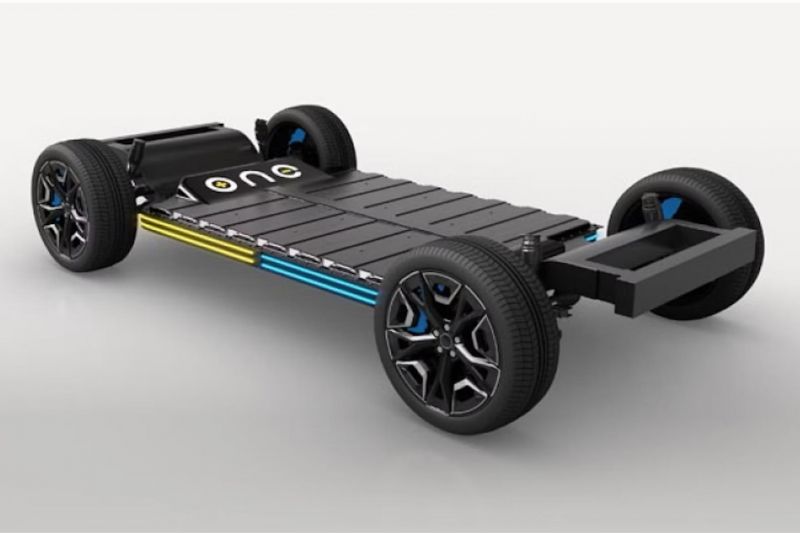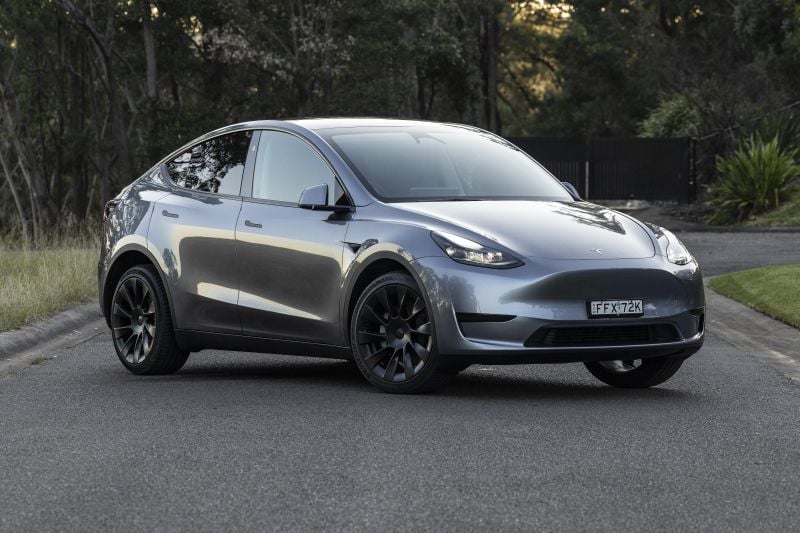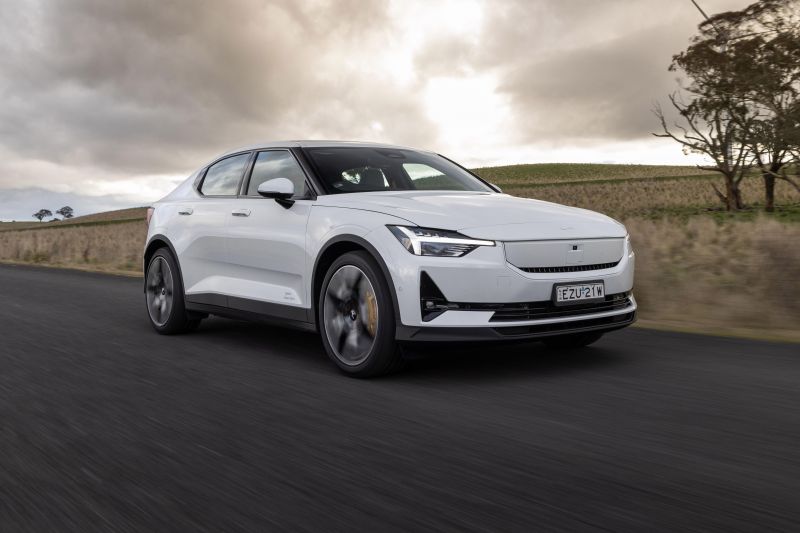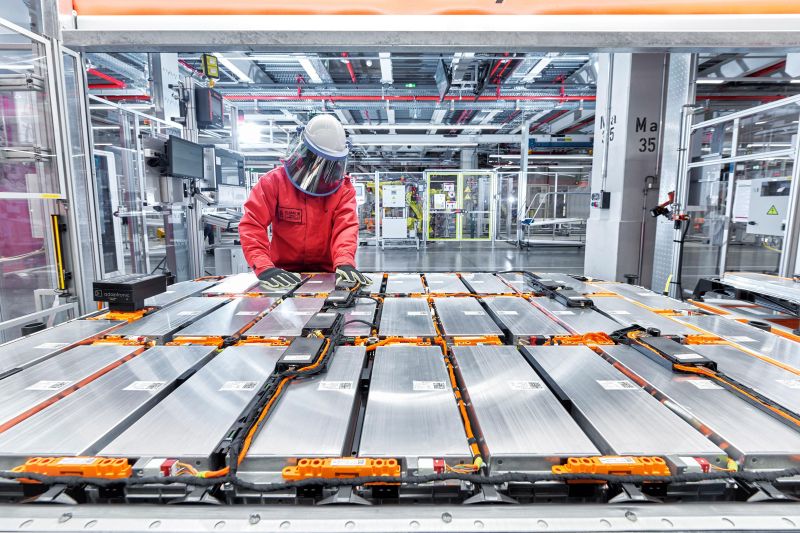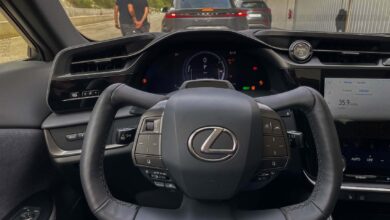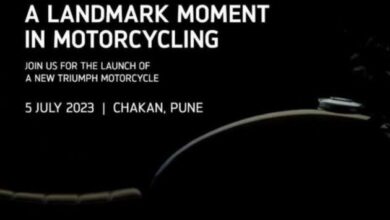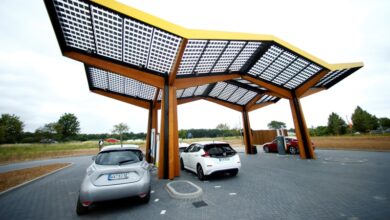EV battery passports being pushed to cut hazardous waste in Australia
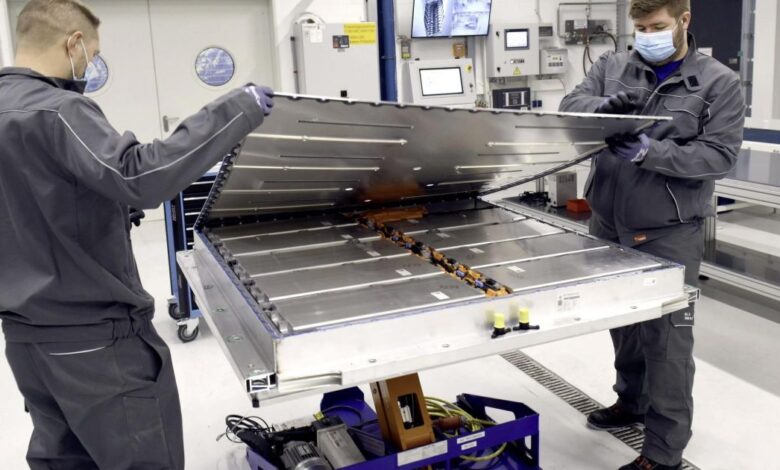
Calls to introduce “passports” for electric vehicle (EV) batteries in Australia have led discussions at the ongoing federal inquiry, amid concerns our battery recycling industry is not ready for the future deluge.
The Australian News Agency (AAP) – through Canberra Times – The Transition to Electric Vehicles inquiry this week heard calls for Australia to adopt a battery passport like the one set to be introduced in Europe from February 2027.
The battery passport is linked to the car’s Vehicle Identification Number (VIN) and provides information such as the origin of materials and who was involved in the production of the power unit throughout the supply chain.
According to AAP The investigation was told that the introduction of an EV battery passport would allow battery packs to be labelled for safe and appropriate disposal at the end of their life cycle.
Representatives from the auto and recycling industries were among those voicing their concerns, arguing that the federal government may have just six years before the EV battery issue becomes a significant challenge.
This is due to the increase in electric vehicle sales in recent years, with battery-powered vehicles accounting for around eight percent of new car sales.
The inquiry is said to be looking into various aspects of the transition to electric vehicles, including the impact of these vehicles on the electricity grid, fuel savings opportunities, the need for chargers, and battery manufacturing and recycling.
Suzanne Toumbourou, CEO of the Australian Recycling Council, said recycling facilities were currently overwhelmed with limited collection points and a lack of regulation around battery recycling.
“The recycling and waste treatment industries… are in a crisis involving improper battery disposal causing fires in all types of facilities,” Ms Toumourou told the inquiry, as reported by AAP.
“All batteries, including EV batteries, need to be regulated.”
The regulator has called on Australia to introduce clear regulations on battery labelling, transport and disposal, including a ban on dumping batteries in landfill, although such measures would need to be in place before local facilities could break down and dispose of EV batteries.
Polestar Australia’s public relations and communications manager, Laurissa Mirabelli, said Australian facilities were already able to extract valuable “black mass” from batteries, which contains metals such as lithium, cobalt and graphite, although they were unable to process the material locally.
“It’s about transparency for customers,” said Ms. Mirabelli.
“There is no standard way to determine the climate impact of a battery or how you get any of the materials in that battery. [in Australia]That’s why the EU battery passport would be a really good standard for us to adopt here.”
The AAP A facility in Victoria has reportedly begun recycling EV batteries, albeit only into black blocks for export.
Recommendations include taking advantage of opportunities to recover valuable minerals from EV batteries, although standards and support need to be established as soon as possible to drive demand growth.
The inquiry is expected to include public hearings in Melbourne, Brisbane and Canberra. Details, including dates, are available. This.
THAN: Potential crisis risk due to dead electric car batteries
